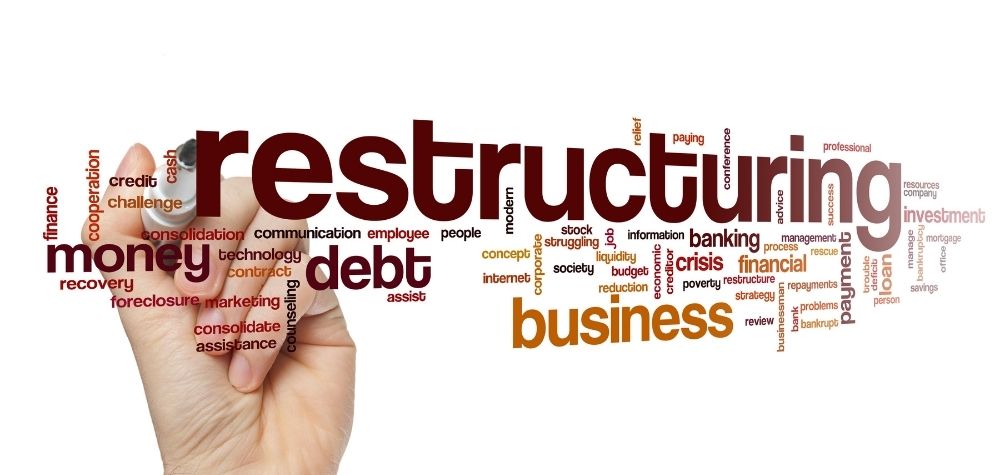In spite of the many challenges that have faced many industries across the country during COVID-19’s persistence and ongoing effects, the retail industry through their continued, adapted operations has continued to progress.
As a result, retail workers across many stores may find that the taxable income from their work may have been affected by the changed situation. This may be a result of additional income, less income, or stagnation of their taxable income as a result of stand-downs, business closures or a forced pause in their operations.
No matter the situation though, retail workers will still need to ensure that all of their taxable income has been accurately reported and lodged in their tax returns.
If you are a retail worker earning your income or have earned your income in the industry over the course of the previous year, you will need to know:
- What income and allowances you may need to report
- What can and cannot be claimed as a work-related deduction
- What the records are that you may need to keep track of
This information may be applicable to income earned in the 2020-21 financial year, or to income earned over the next year.
Income and Allowances That You May Need To Report
On the 30th of June, you should have received an income statement or payment salary that shows what you have earned as a retail worker throughout the year. This should include your salary, wages or allowances for that income year.
You should include all of the income that you received during the year in your tax return, regardless of when you earn it. This may include:
- Any salary or wages that you may have earned as income.
- Any bonuses that may have been earned during the year.
- Any allowances that you may have received to compensate for an aspect of your work or to help to pay for certain expenses when you have travelled for work.
Allowances can also be if an employer pays you based on an estimated amount of what you might spend (e.g. paying cents per kilometre if you use your car for work). It may also be for the actual amount spent on the expense before or after the expense is incurred.
You may receive allowances
- For work that may be unpleasant, special or dangerous
- In recognition of holding special skills, such as a first-aid certificate or
- To compensate for industry peculiarities, such as work on public holidays.
Your employer may not include some allowances on your income statement or payment summary but may include them on your payslips. These can include travel allowances or overtime meal allowances (as paid per industrial law, award or agreement).
If that allowance isn’t on your income statement or payment summary and you spend the entire amount on deductible expenses, it should not be included in the tax return as income or claimed as a deduction. If you spent more than what was your allowance, you include the allowance as income in your tax return and can claim a deduction for your expense.
If your employer pays for the expenses that you occur exactly, that payment is considered a reimbursement. This is not included or considered to be an allowance, and as such, cannot be included as income in your tax return or claimed for a deduction.
Deductions That You May Be Able To Claim
If you are a retail worker looking for claimable deductions that may specifically apply to your profession, you need to:
- Have spent the money, and were not reimbursed for the work-related expense
- Have proof that the expense directly relates to earning your income
- Have a record that proves the expense was incurred (a receipt is usually acceptable).
You can only claim a deduction for the work-related portion of an expense. You can’t claim a deduction for any part of an expense that is not directly related to earning your income or that is private.
Some of the deductions that may be eligible as deductions for retail workers include:
-
- Car expenses – if you drive between separate jobs on the same day, or drive to and from an alternate workplace for the same employee on the same day.
- Clothing expenses – the cost of buying, hiring, mending or cleaning certain uniforms that are unique and distinctive to your job, or protective clothing that your employer requires you to wear.
- Meal expenses – the cost of overtime meals on the occasions where you worked overtime and took an overtime meal break and your employer paid you an overtime meal allowance.
- Self-education expenses – if your course relates directly to your current job.
- Seminars and conferences
- Technical or professional publications
- Union and professional association fees
- Phone and internet usage if your employer needs you to use your personal devices for work.
Record-Keeping Tips
Always keep proof of any expenses that you may have incurred for which you want to claim deductions. This is usually a receipt but can be another form of written evidence (such as an invoice). Those records must show what you purchased, when, where, and how much you spent. They must be in English
There are a few exceptions to the rule. These include small expense receipts, hard to get receipts, overtime meal expense receipts and travel and meal expense receipts. These have special rules and conditions that you need to follow if attempting to claim on these.
If you would like further assistance or information on how you can handle your tax return as a retail worker for this current financial year or for last year’s return, you can speak with us. We can assist you in the process, and make sure that your tax return is lodged correctly.







